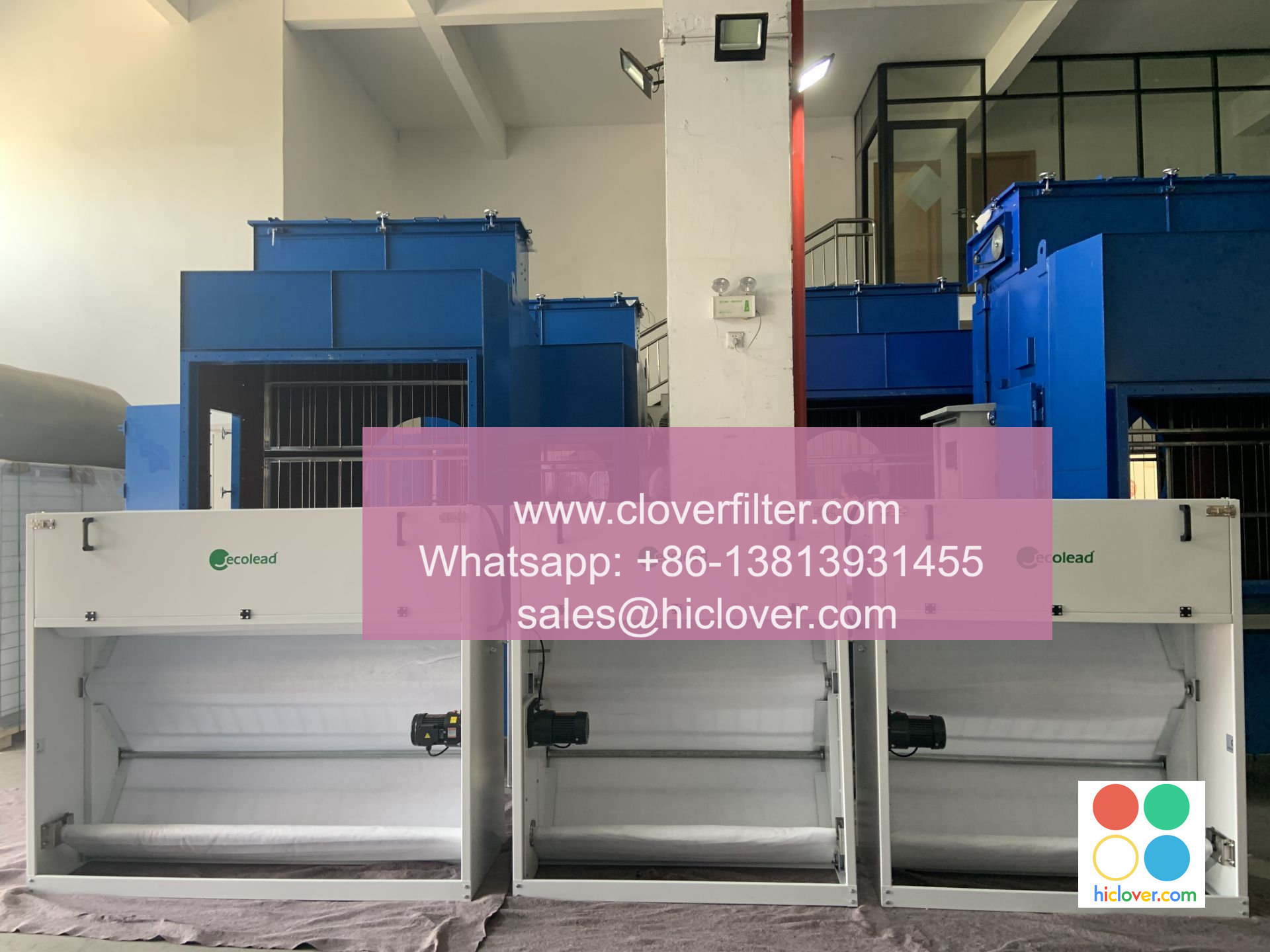The Impact of Air Filter Quality on Building Energy Efficiency

As the world becomes increasingly aware of the need for sustainable building practices and energy efficiency, the role of air filters in maintaining a healthy and efficient indoor environment cannot be overstated. High-quality air filters play a crucial role in reducing energy consumption, minimizing indoor air pollution, and improving overall building performance. In this article, we will delve into the impact of air filter quality on building energy efficiency, exploring the various application areas where high-quality air filters can make a significant difference.
Introduction to Air Filters and Energy Efficiency
Air filters are a critical component of a building’s heating, ventilation, and air conditioning (HVAC) system. Their primary function is to remove particulate matter, gases, and microorganisms from the air, ensuring a healthy and comfortable indoor environment. However, air filters can also have a significant impact on a building’s energy efficiency. A high-quality air filter can help reduce energy consumption by minimizing the amount of energy required to heat, cool, and ventilate a building.
Key Factors Affecting Air Filter Quality and Energy Efficiency
Several key factors can affect the quality of an air filter and its impact on energy efficiency, including:
* Filtration efficiency: The ability of an air filter to remove particles and contaminants from the air.
* Pressure drop: The amount of energy required to push air through the filter.
* Airflow rate: The amount of air that passes through the filter.
* Filter maintenance: The frequency and ease of filter replacement and cleaning.
Application Areas for High-Quality Air Filters
High-quality air filters can be applied in various areas to improve building energy efficiency, including:
* Commercial buildings: Office buildings, shopping centers, and hotels can benefit from high-quality air filters to reduce energy consumption and improve indoor air quality.
* Industrial facilities: Manufacturing plants, warehouses, and industrial processes can utilize high-quality air filters to minimize energy consumption and reduce the risk of indoor air pollution.
* Residential buildings: Homes and apartments can benefit from high-quality air filters to improve indoor air quality and reduce energy consumption.
* Healthcare facilities: Hospitals, clinics, and nursing homes require high-quality air filters to maintain a healthy and infection-free environment.
Benefits of High-Quality Air Filters
The benefits of using high-quality air filters are numerous and include:
* Reduced energy consumption: High-quality air filters can help minimize the amount of energy required to heat, cool, and ventilate a building.
* Improved indoor air quality: High-quality air filters can remove particulate matter, gases, and microorganisms from the air, ensuring a healthy and comfortable indoor environment.
* Extended equipment life: High-quality air filters can help reduce the wear and tear on HVAC equipment, extending its lifespan and reducing maintenance costs.
* Cost savings: High-quality air filters can help reduce energy consumption, resulting in significant cost savings over time.
Conclusion
In conclusion, the impact of air filter quality on building energy efficiency cannot be overstated. High-quality air filters play a crucial role in reducing energy consumption, minimizing indoor air pollution, and improving overall building performance. By understanding the key factors affecting air filter quality and energy efficiency, and applying high-quality air filters in various application areas, building owners and managers can reap the benefits of improved indoor air quality, reduced energy consumption, and cost savings. As the world continues to prioritize sustainable building practices and energy efficiency, the importance of high-quality air filters will only continue to grow. It looks like you’re ready to give me a prompt, but it hasn’t appeared yet! Please go ahead and share what’s on your mind, and I’ll do my best to help.

